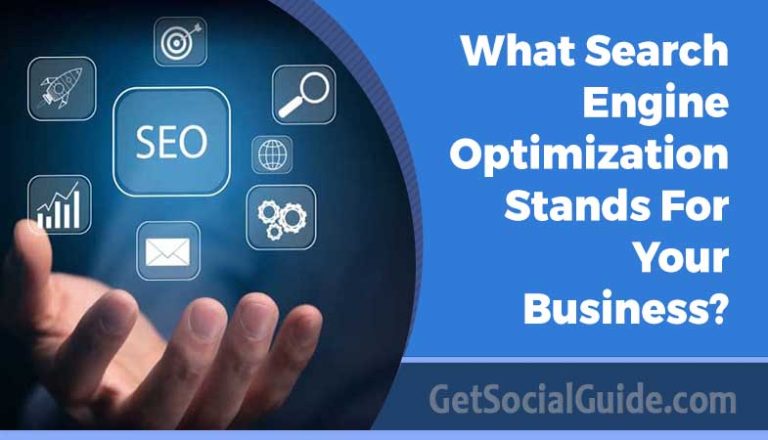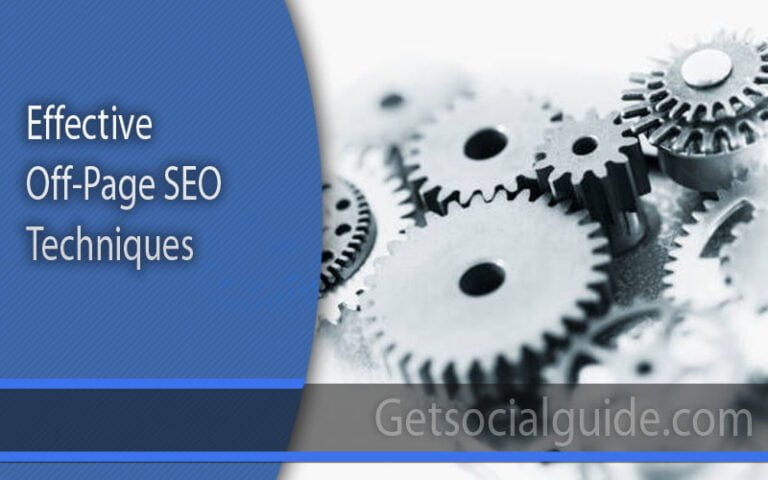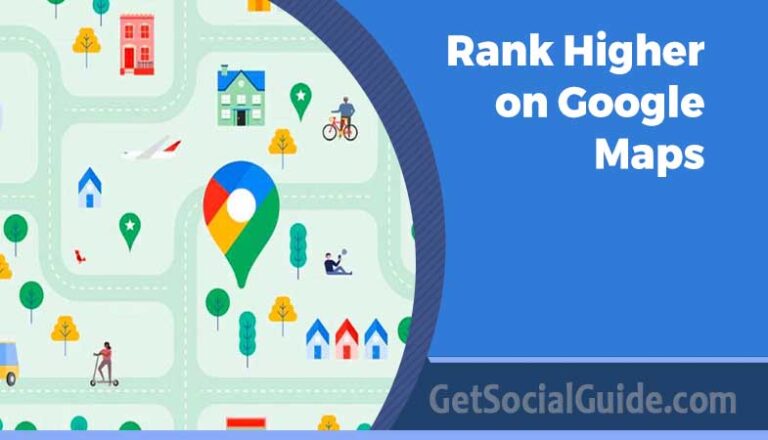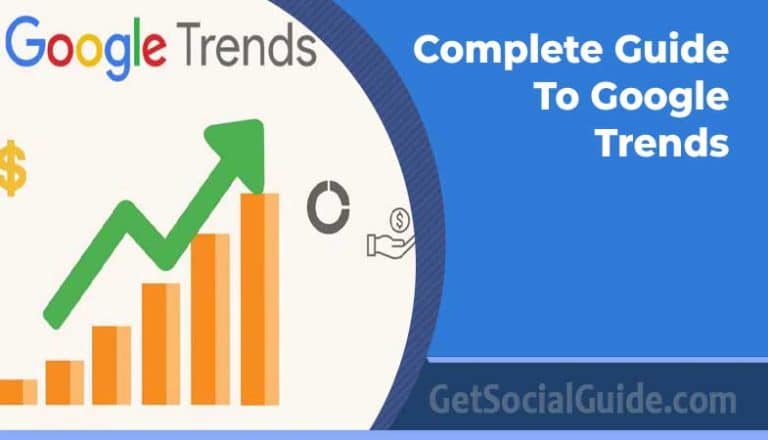The Impact of Page Speed on SEO
Page speed is an important metric for search engine optimization (SEO). It affects the user experience and can have a major impact on rankings in major search engines.
This article discusses how page speed impacts SEO, what to look out for when measuring page speed, and some tips for improving it.
How Page Speed Impacts SEO:
Search engines take into account the loading time of web pages when ranking them in their results. The faster your website loads the better chance you have of appearing higher up in search engine rankings. Slow loading times can lead to low engagement and fewer conversions which will cause your website’s search engine visibility to suffer. Furthermore, Google has stated that they use site speed as a ranking factor when determining where to place pages in their search engine results.
What to Look Out for When Measuring Page Speed:
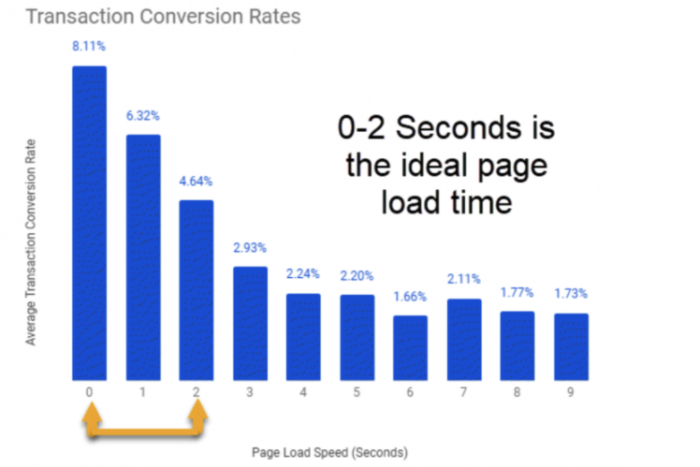
When measuring page speed, there are several factors to consider. This includes the size of your webpages, whether or not you’re using a content delivery network (CDN), and the type of server you’re running on. Additionally, you should also be aware of any third-party scripts that may be slowing down your site such as ad networks or analytics services.
Tips for Improving Page Speed:
The best way to improve page speed is to optimize images, minify code and compress files. Additionally, you should look into using a CDN to reduce loading times and switch to a faster server. You can also leverage browser caching which stores static content in the user’s browser so that it doesn’t have to be downloaded when they visit your website again. Lastly, you should consider eliminating or minimizing any third-party scripts that may be slowing down your pages.
Page speed is an important factor for SEO and search engine rankings. It affects the user experience of visitors and can have a significant impact on your website’s visibility in major search engines. To ensure your website performs well, make sure to measure page speed regularly and use the tips provided above to improve it.
Search engine optimization (SEO) is becoming more important than ever. As competition increases, websites must be able to keep up with the trends and ensure that their pages are well-designed for better visibility on the web. One of the most important factors when it comes to SEO success is page speed. Page speed can have a tremendous impact on how search engines view your website and how users interact with it.
In this article, we will discuss what page speed is, how it affects SEO, and best practices for improving your website’s performance.
What Is Page Speed?
Page speed is simply the amount of time it takes for a web page to load from start to finish after a user requests it from a server. A slow page can cause users to abandon your website and search engines to not rank it as highly, resulting in fewer visitors and potential customers.
How Does Page Speed Impact SEO?
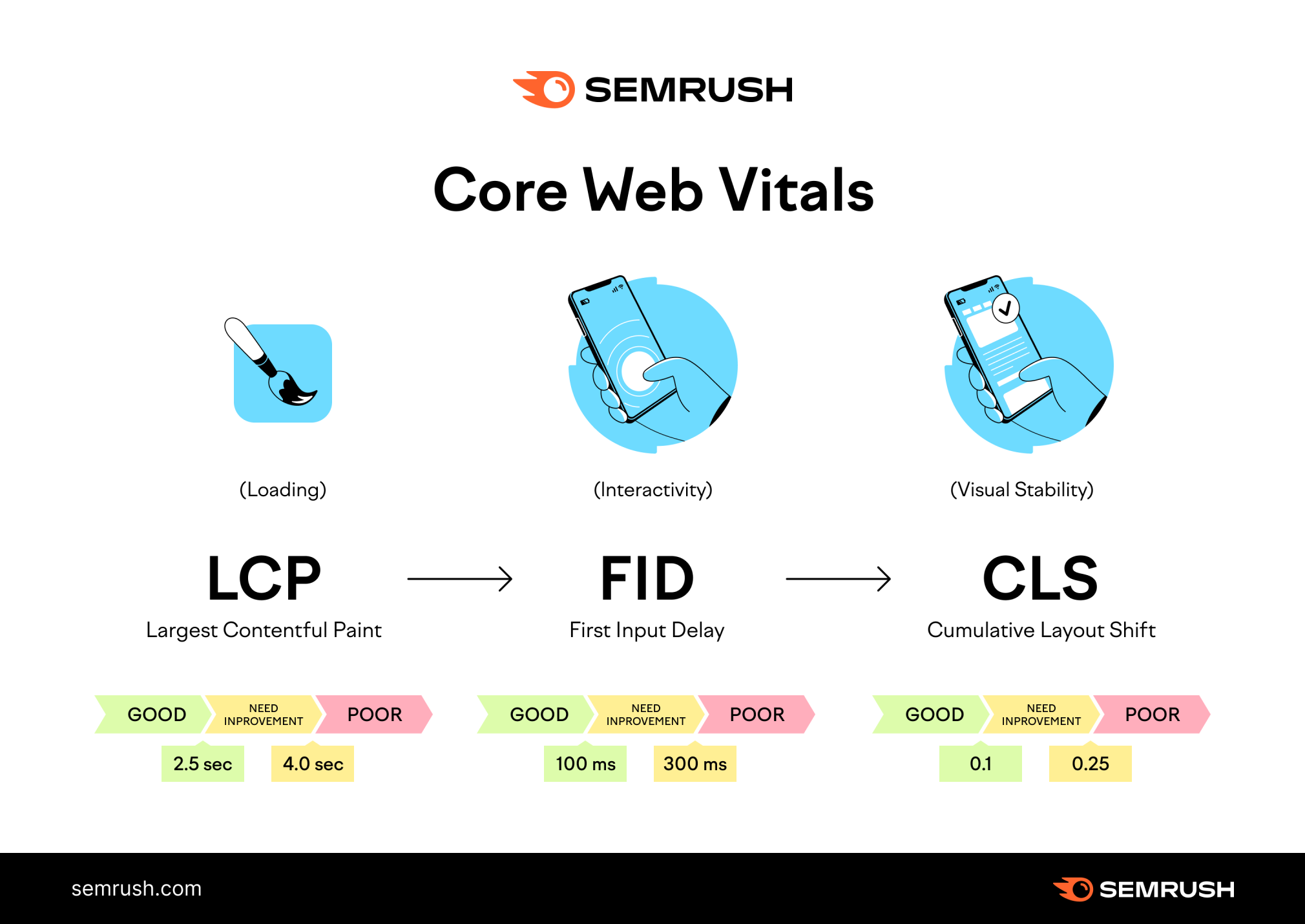
Page speed is a major factor when it comes to SEO success. Search engines measure the amount of time it takes for pages to load, and if they are too slow, they will be less likely to show up in the results. Additionally, visitors who experience long load times may leave before having time to engage with content or convert into customers. This can impact your overall organic traffic numbers and lead to decreased rankings in search engine results pages (SERPs).
Best Practices for Improving Page Speed
There are several steps you can take to improve the speed of your website. These include optimizing images, minifying code, caching pages and other resources, reducing redirects, and improving server response times. Additionally, leveraging a content delivery network (CDN) can help reduce page load times by distributing static files across multiple servers instead of hosting them on one.
Conclusion
Page speed is essential for SEO success and should not be overlooked. By following best practices such as optimizing images and minifying code, you can ensure that your website is loading quickly and efficiently for search engines and visitors alike. This will improve user experience, increase organic traffic numbers, and ultimately boost your rankings in SERPs.

